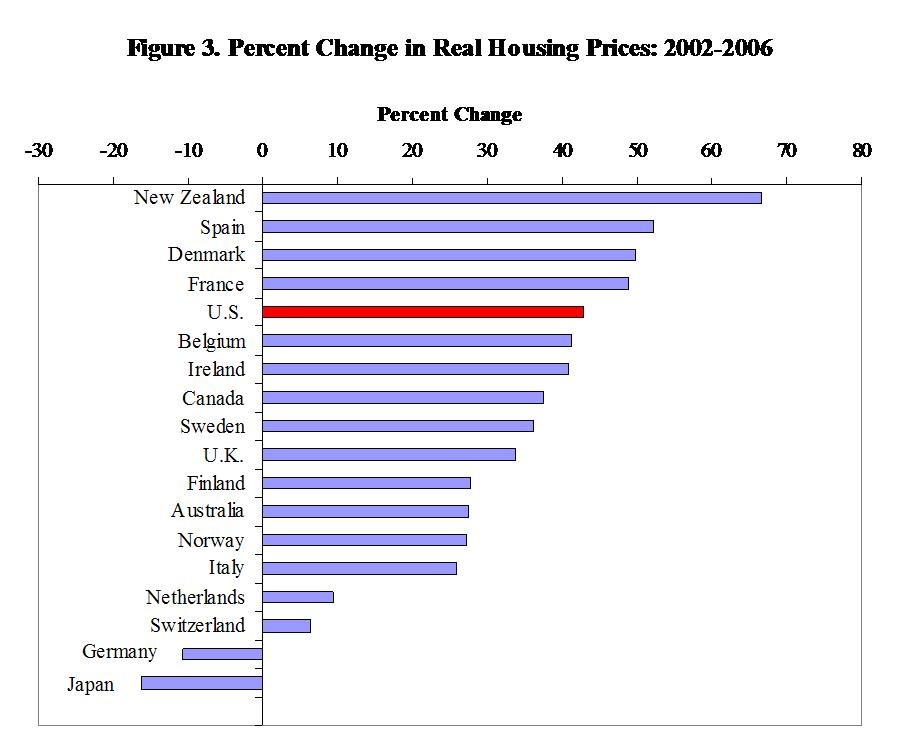The Subprime Mess
Post on: 31 Май, 2015 No Comment

The subprime mortgage market has caused a convulsion on Wall Street with several analysts insisting it foreshadows a deep recession. There is little question that a sharp increase in delinquent mortgage payments has been due to loans made to borrowers with weak credit. The combination of an accommodative Federal Reserve, political pressure to assist poor home owners and a belief that property appreciation would offset debt resulted in a perfect market storm.
The subprime market caters to borrowers with impaired credit histories. Sub prime debt accounts for 10% of outstanding residential mortgage debt in the U.S. approximately $824 billion of $7.8 trillion. Although subprime represents only a small proportion of the debt, a rapid rise in early payment defaults has strained lenders and caused heightened concern over the quality of loan originations. Further, problems could occur as adjustable rate mortgages are reset at much higher interest rates resulting in payment spikes. Financially strapped borrowers are experiencing difficulty refinancing or selling properties while lenders, sensitive to roiling property markets, are tightening their underwriting standards and reducing the availability of credit.
As is often the case when a benign economic environment turns volatile, the magnitude of risk taking is coming into focus. The environment of abundant liquidity may have had its roots in an extended period of easy monetary policy, but the driving influence in the past few years has been rampant credit expansion in the financial sector. While the working class homeowner may face foreclosure — a matter that goes right to the heart of American culture — the odds of a systematic financial crisis are slim. Credit problems are likely to spread across a number of investors and lenders rather than be concentrated in banks, as often occurred in previous credit stress.
Scarcely a soul will recall that political pressure over red-lining was partially responsible for the subprime failures in the first place. It is reminiscent of John Edwards’ lamentation about the subprime mess at the same time investing in a mortgage company that benefits from the foreclosures.
Although the mortgage problem will adversely affect the poor and those areas that engaged in wildcat real estate speculation like Florida, the global economy has displayed remarkable resilience. Inflation is low; the equity bull market is in its fifth year, valuations are reasonable in most regions and employment numbers and consumer spending are robust. But rather than wager on a recession, I would contend the current problem will introduce a degree of sobriety into credit markets and, in the long term (five years?), the supply side effect of globalization, technological innovation and market reform will shift the markets into a positive stance.
In the short term, however, there will be social detritus. The subprime borrower may face bankruptcy and foreclosure, a prospect that even the most hard-hearted will lament. Typically these borrowers take out equity in their homes to pay off outstanding consumer debts. With the on-going tightening in the credit market those days are past and with it will come economic gloom for many and credit reverberations through the economic system.
receive the latest by email: subscribe to herbert i. london’s free mailing list














